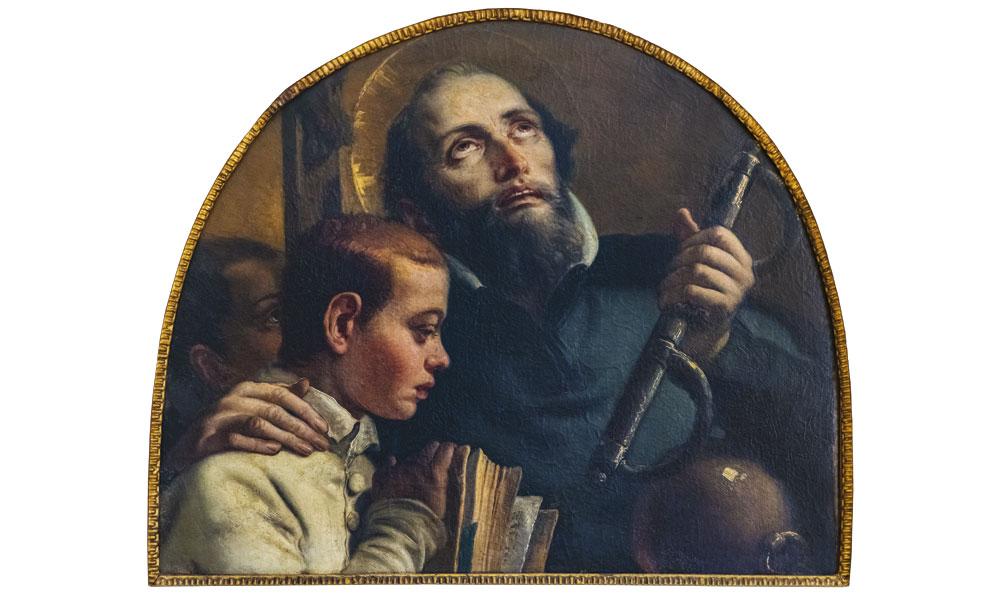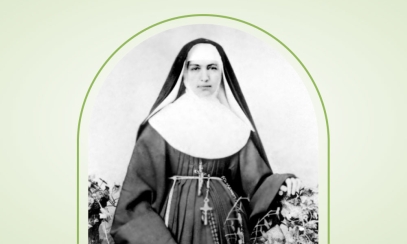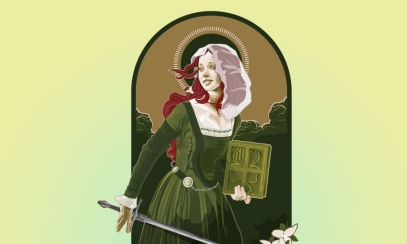
St. Jerome Emiliani
An unlikely example of fatherhood
An unlikely example of fatherhood
Born in Venice in 1481, St. Jerome Emiliani was an adventurous youth who ran away to join the army at the age of just 15. He was a successful soldier, and was appointed to oversee and maintain a mountain fortress at the relatively young age of 27.
Born in Venice in 1481, St. Jerome Emiliani was an adventurous youth who ran away to join the army at the age of just 15. He was a successful soldier, and was appointed to oversee and maintain a mountain fortress at the relatively young age of 27.
It was during this time that he was taken prisoner. He lived in chains, deep within a dungeon. While there, he learned how to pray and developed a devotion to the Blessed Mother. After his escape, he kept a vow he’d made during his imprisonment by visiting the shrine of Our Lady of Treviso and leaving his chains as an offering.
St. Jerome resumed his military duties for a time, but only until a family bereavement forced him to return to Venice to care for his nephews. As he worked to support the boys, he took advantage of the opportunity to study theology and carry out acts of service.
At this time in history, disease and hunger were responsible for countless deaths—and St. Jerome Emiliani was determined to help. He began feeding the hungry at his own expense, and developed a particular care for the orphans in his community. He rented a house where these lonely children could live together, and he began to care for them in profound ways.
This orphanage was the first of many.
St. Jerome began establishing orphanages throughout northern Italy, ensuring that boys and girls without parents could get off to the best possible start in life. He also established and operated both a hospital and a home for prostitutes who wished to change their ways.
He was joined in his work by two other men, who helped him establish the Clerks Regular of Somasca. Together, these men focused on the care and education of youth.
Although St. Jerome studied for the priesthood, he ultimately remained a layperson for all his life. He ultimately died at the age of 56 from the effects of a disease he caught while caring for the sick.
In 1928, Pius Xl named him the patron of orphans and abandoned children.



